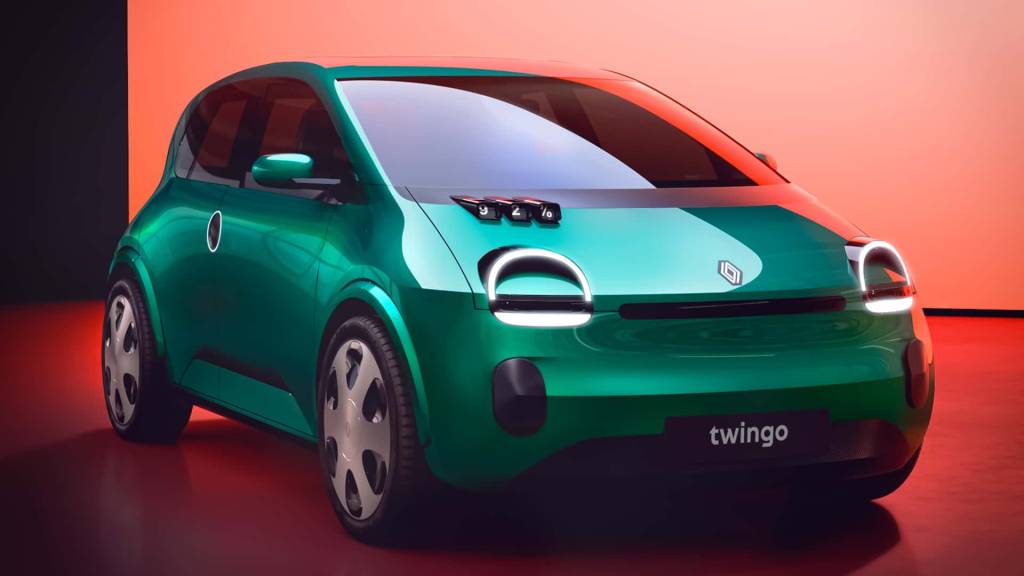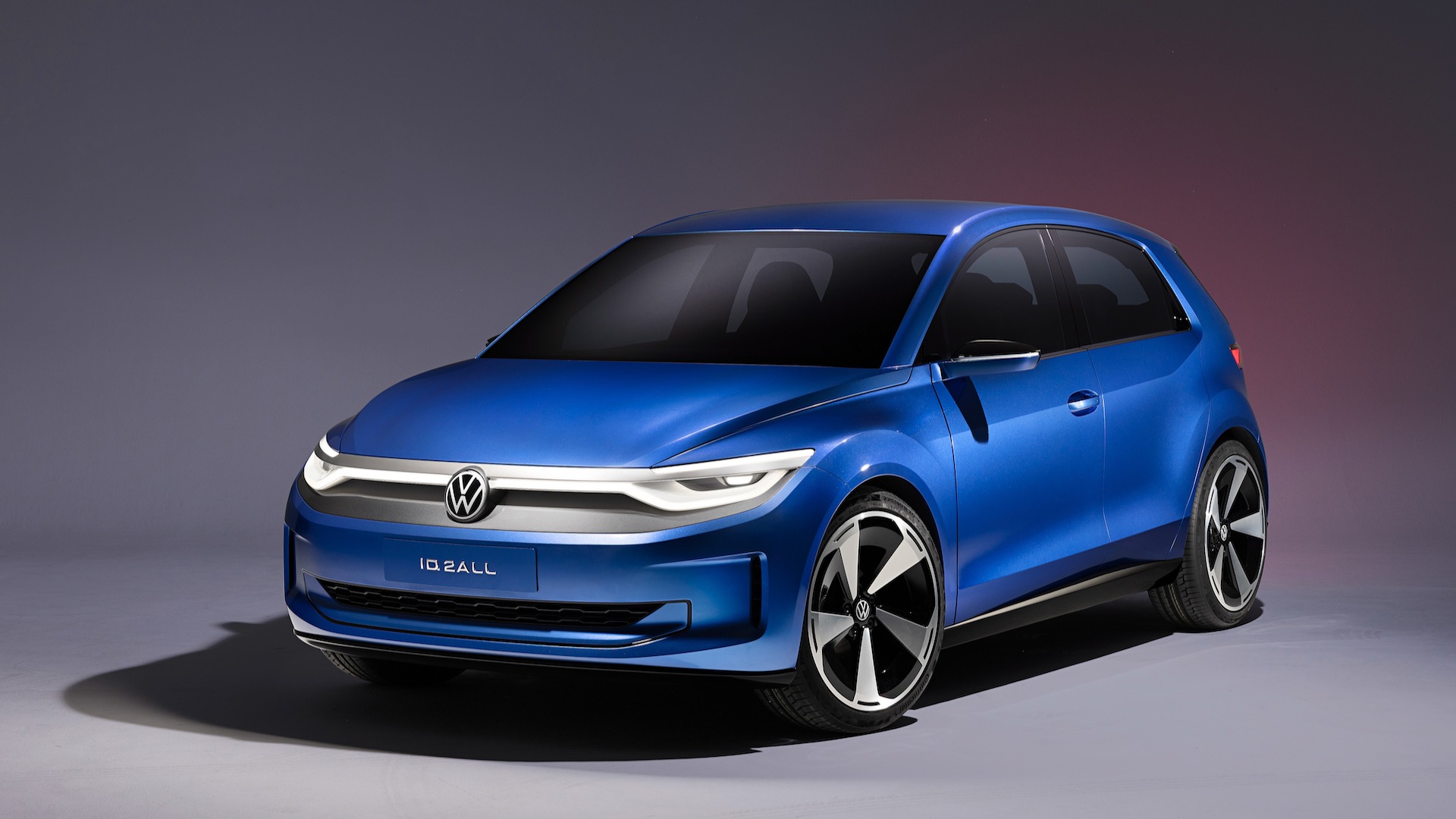Volkswagen Group may turn to outside help in its quest to deliver an electric vehicle with a starting price of around 20,000 euros (approximately $21,500).
Citing people familiar with the matter, Germany’s Handelsblatt (subscription required) reported over the weekend that VW Group is in talks with potential partners over joint development of affordable EVs, with Renault mentioned as one of the partners.
Renault, whose CEO Luca de Meo is a former senior VW Group executive, is known to be planning an affordable EV for later this decade. The car could be a successor to the current Renault Twingo minicar that was jointly developed with Mercedes-Benz’s Smart brand. Renault teased the possibility earlier this year with the reveal of the Twingo Legend, a concept with retro styling mimicking the original Twingo of the 1990s.
According to Handelsblatt, VW Group is interested in joint development of a platform for affordable EVs, but is still only in early discussions with potential partners.

Renault Twingo Legend concept
VW Group is already working on subcompact EVs expected to priced from around 25,000 euros ($26,900). Due around 2025, there will be one each for VW Group’s Volkswagen, Skoda, and SEAT (or Cupra) brands. The VW, which will likely be called the ID.2, has been spotted testing and was previewed earlier this year with the ID.2all concept.
More affordable EVs from VW Group will likely sit in the minicar segment, which means they’ll have a slim chance of reaching the U.S. market where bigger vehicles tend to be favored.
News of the potential partnership comes just weeks after it was made public that Thomas Schäfer, CEO of the VW brand, told staff that the brand is no longer competitive, amid massive ongoing cost cuts.
Competition from Chinese brands is particularly an issue for many European brands, both at home and in the Chinese market. To speed up development of EVs for China, which is the world’s biggest market for both new vehicles and EVs, the VW brand earlier this year partnered with Xpeng in a deal that will allow it to gain access to the some of the Chinese automaker’s EV platforms. Fellow VW Group brand Audi also forged a similar deal with China’s SAIC this year.

